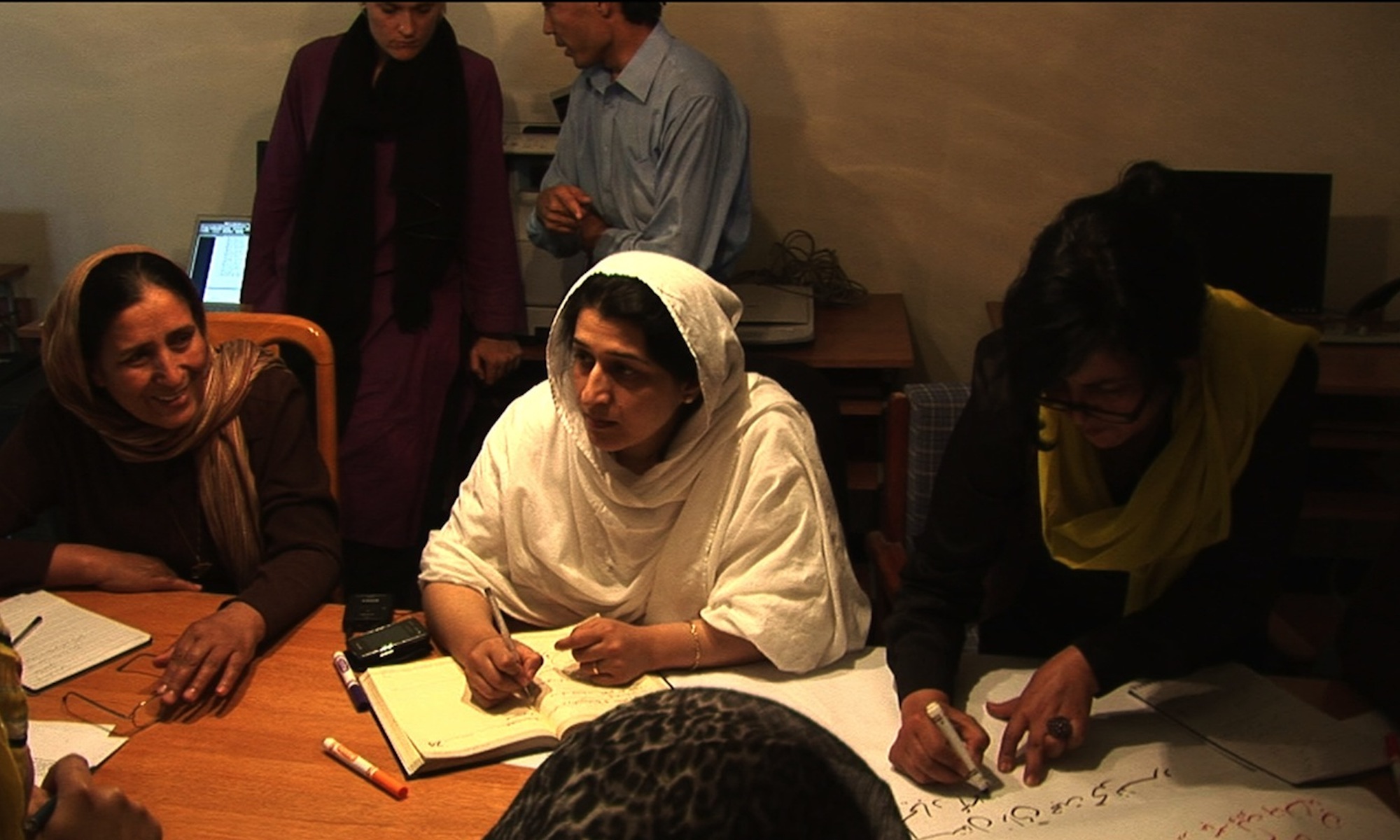Written from the dual perspective of scholar and practitioner Rich qualitative and quantitative data-set Innovative conceptual framework Democratic Peacebuilding examines the evolution of international peacebuilding since the cold war, identifying the factors that limit the progress of international actors to institutionalize democratic authority and the rule of law in war-shattered societies. It gives particular attention to Afghanistan’s Bonn Agreement process (2001-2005) and post-Bonn period (2006-2009), in which the country’s multiple, competing forms of authority (e.g., religious leaders, tribal elders, militia commanders, and technocrats) challenged efforts to create “modern” forms of political authority rooted in democratic norms and the rule of law. Despite the significant risks involved, this volume argues that the institutionalization of democratic legal authority can create the conditions and framework necessary to mediate competing domestic interests and to address the root causes of a conflict peacefully. At the same time, one overlooked problem of international peacebuilding stems from the divergent conceptions, between international officials and the local population, of authority and its sources of legitimacy. By helping a conflict-affected society reconcile the inherent tensions between competing forms of authority, international peacebuilders can contribute to improved conditions for governance and a reduction in intra-state political violence. Due to high expenditures in a period of global economic uncertainty and frustrations in Afghanistan and elsewhere, democratization as an approach to conflict management and resolution is in retreat in some influential policy circles. But it is only a deepening of democracy, rather than lowering the metrics for progress and conditions for exit, that will determine whether fragile states are placed on a viable course toward stability and greater self-sufficiency.

INSCT Postconflict Research Database
The Institute for National Security and Counterterrorism's Postconflict Research Database & Analysis Project stores cross-indexed bibliographic information on hundreds of journal articles, books, book chapters, and case reports that address the broad, interdisciplinary fields of postconflict reconstruction, stabilization, and peacebuilding.